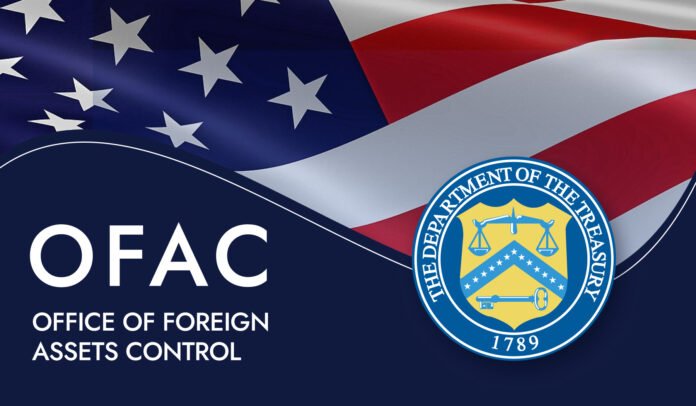Table of Contents
1. Introduction
OFAC: Implementing and Enforcing Economic Sanctions with Complexity and Impact
The Office of Foreign Assets Control (OFAC) holds a prominent position in the United States for implementing and enforcing economic sanctions as a non-military means of wielding influence. With its multifaceted role, OFAC manages a delicate balance that combines complexity and impact. As we delve into the realm of OFAC in U.S. sanctions, let us unravel its crucial role, intricate mechanisms, and international policy significance.
2. The Enigma of OFAC
The Office of Foreign Assets Control, nestled within the U.S. Department of the Treasury, wields the formidable responsibility of administering and enforcing economic and trade sanctions against designated foreign countries, regimes, terrorists, international narcotics traffickers, and other entities deemed threats to the national security, foreign policy, or economy of the United States.
3. Unearthing Historical Roots

OFAC‘s genesis can be traced back to the crucible of World War II, where a series of executive orders emerged to safeguard U.S. financial domains from the incursion of enemy forces. Over the years, OFAC has evolved in response to the ever-shifting geopolitical landscape and the dynamic spectrum of threats to U.S. national security and policy.
3. The Mechanics of OFAC‘s Operation
This enigmatic entity administers a constellation of sanctions programs, each rooted in legislative mandates or executive edicts. These programs pivot on the fulcrum of U.S. foreign policy and national security objectives. A pivotal tool in OFAC‘s arsenal is the Specially Designated Nationals (SDN) List, a catalogue featuring individuals, groups, and entities whose interactions with U.S. citizens and businesses are categorically prohibited. Inclusion on this list begets asset freezes and the prohibition of access to the U.S. financial system.
3.1. Licenses: Navigating the Nuances
While OFAC wields the power to impose prohibitions, it also harbors the authority to grant licenses, authorizing transactions under specific circumstances. This judicious approach ensures the sanctions remain precisely targeted, minimizing collateral harm to humanitarian or other permissible activities.
3.2. Penalties: A Weighty Consequence
Entities found in violation of OFAC’s regulations face formidable repercussions that extend beyond mere financial penalties. The consequences reverberate through various facets of their operations, leading to a comprehensive reevaluation of their standing within the U.S. financial realm.
Monetary fines imposed by OFAC constitute a significant aspect of the punitive measures. These fines are not arbitrary; they are meticulously calculated based on the severity and scope of the violations. The financial impact can be substantial, posing a threat to the economic stability of the penalized entity. Moreover, the imposition of fines serves as a deterrent, discouraging other entities from engaging in similar unlawful activities.
Beyond the financial penalties, OFAC enforces restrictions on the operational capacities of the transgressing entities. These restrictions are designed to curtail the ability of the offending entities to conduct business within the U.S. financial system. Such limitations can encompass restrictions on transactions, freezing of assets, and even exclusion from certain financial markets. The goal is to create a tangible and lasting impact, compelling the entities to rectify their behavior and adhere to the stipulated regulations.
Furthermore, the reputational damage inflicted by OFAC’s actions is immeasurable. News of violations and subsequent penalties can tarnish the image of the entity in the eyes of clients, partners, and the broader business community. Rebuilding trust becomes a herculean task, and the entity may find itself facing skepticism and reluctance from stakeholders.
Compliance with OFAC regulations is not merely a legal obligation; it is a strategic imperative for entities operating in the U.S. financial landscape. The proactive adoption of robust compliance measures becomes paramount to mitigating the risk of violations. Entities must invest in comprehensive compliance frameworks, including employee training, due diligence procedures, and continuous monitoring to ensure adherence to OFAC regulations.
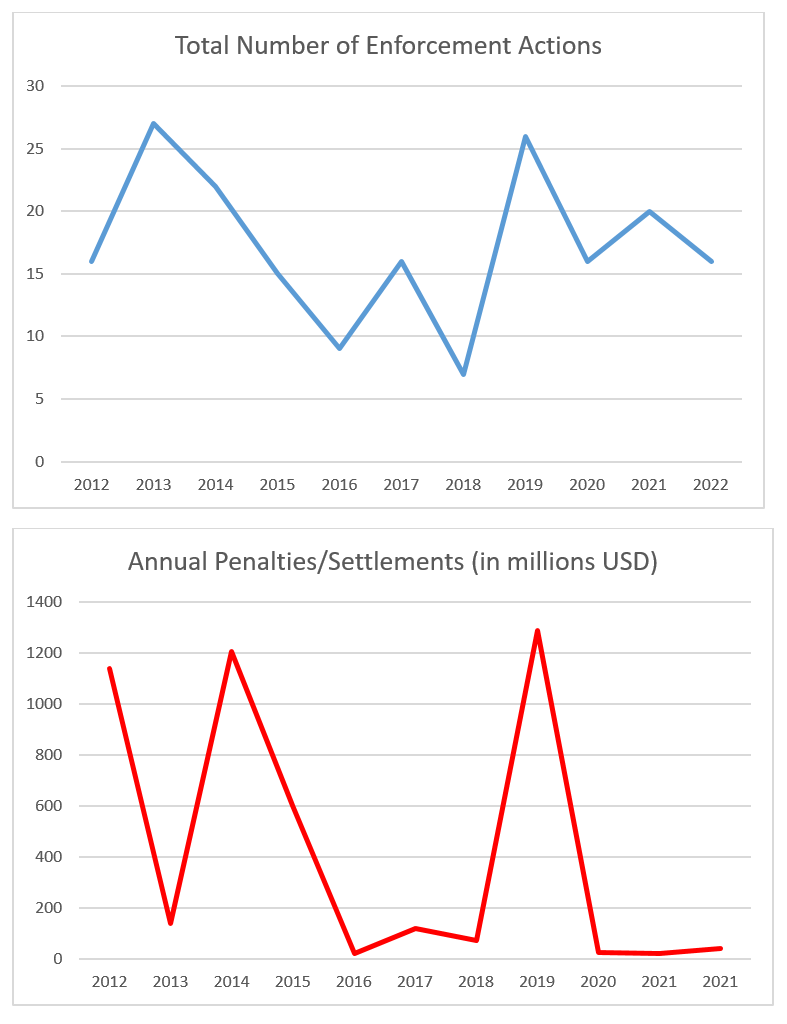
In essence, transgressing OFAC’s regulations triggers a domino effect of financial, operational, and reputational challenges. Entities navigating the U.S. financial realm must recognize the gravity of these repercussions and prioritize a culture of compliance to safeguard their longevity and integrity in the complex regulatory landscape.
3.3. Global Ramifications
OFAC‘s sanctions reverberate globally, affecting not only U.S. entities but also foreign firms entangled with the U.S. financial system. Given the ubiquity of the U.S. dollar in international trade, even transactions devoid of direct involvement with U.S. entities face the looming shadow of U.S. sanctions. This mandates a universal vigilance, compelling businesses worldwide to navigate the labyrinthine corridors of OFAC regulations to evade punitive measures.
3.4. OFAC: A Silent Arbiter of Global Affairs
The Office of Foreign Assets Control stands as a formidable player in the U.S.’s non-military endeavors to shape global events, advance its foreign policy objectives, and safeguard its national security interests. Sanctions, potent though they may be, wield a complexity that necessitates constant scrutiny to ensure their effectiveness and the mitigation of unintended consequences. As the geopolitical stage continues its metamorphosis, OFAC‘s role in orchestrating the intricate ballet of diplomacy, economics, and security shall continue to evolve.
3.5. OFAC and Russian Sanctions: A Dissection

In the grand theater of international geopolitics, economic sanctions have ascended as potent instruments for influencing the behaviors of nations. The Russian sanctions, orchestrated by the United States and conducted under the watchful gaze of the Office of Foreign Assets Control (OFAC), serve as a quintessential exemplar of this intricate dance. In this analytical endeavor, we endeavor to fathom OFAC‘s maneuvers in the realm of Russian sanctions, dissecting their nature, implications, and repercussions.
3.6. Unearthing Historical Genesis
The origins of U.S. sanctions against Russia, under OFAC‘s purview, harken back to Russia’s contentious annexation of Crimea in 2014. This audacious move, viewed as a stark violation of Ukraine’s sovereignty and international norms, triggered immediate censure and initiated a gamut of sanctions.
The Tapestry of Russian Sanctions
OFAC‘s arsenal against Russia unfolds as a tapestry of asset freezes and prohibitions, a compilation of individuals and entities inexorably linked to the Russian government’s actions in Crimea and Eastern Ukraine. These sanctions, by freezing assets within U.S. jurisdiction and proscribing interactions with U.S. persons, exact a toll.
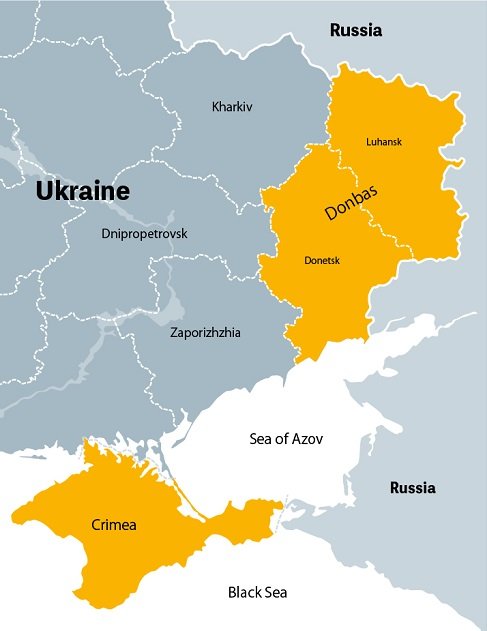
Sectoral Stratagem
A divergence from blanket bans, these sanctions unveil a nuanced approach, laser-focused on distinct sectors of the Russian economy – finance, energy, and defense. This stratagem curtails access to U.S. financial markets and services, a resounding echo of their potency.
Goods and Technologies in Crosshairs
The sanctions extend their purview to the provision of specific goods and technologies, with a particular focus on those that could catalyze Russia’s domestic oil production capabilities.
Diplomatic Escalations
Beyond economic volleys, the sanctions unfurl into the diplomatic domain, manifesting in the expulsion of Russian diplomats from U.S. soil and the shuttering of select Russian diplomatic holdings.
Impacts Unveiled
The implications of these sanctions echo far and wide. While isolating the precise effects from other economic factors remains intricate, a consensus emerges: the sanctions have left an indelible mark on the Russian economy, inflicting wounds upon foreign direct investment, technology flows, and the broader business ecosystem.
Political Echoes
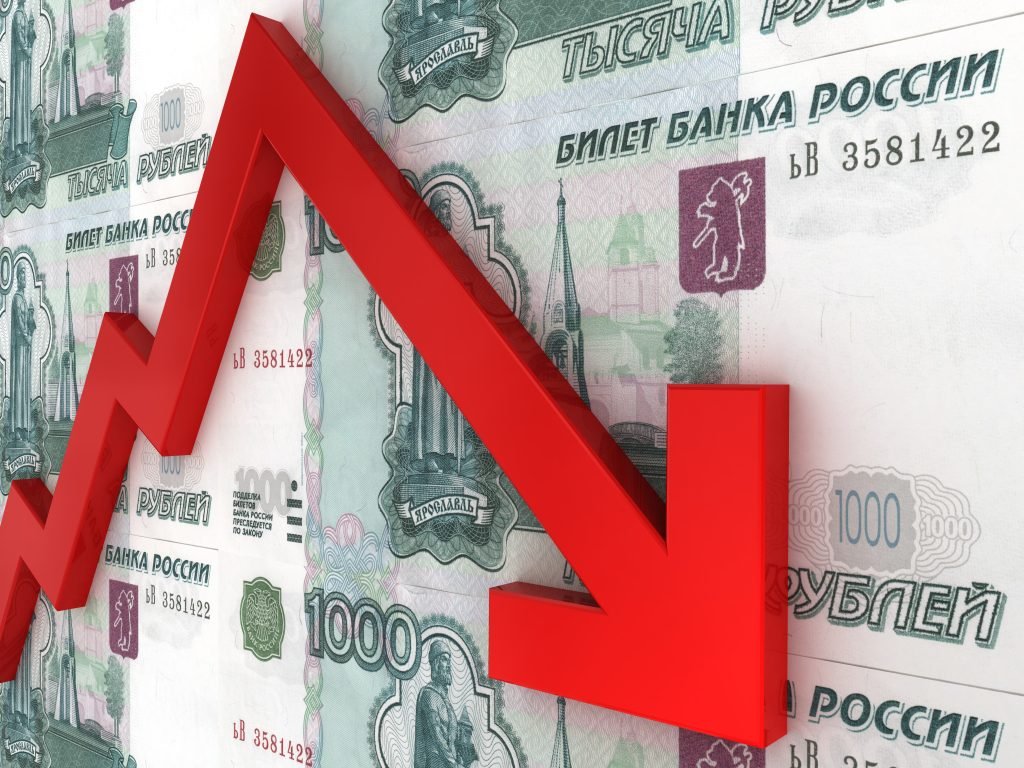
The sanctions have reverberated across the political spectrum, intensifying hostilities between the U.S. and Russia. In retaliation, Russia has cast its sanctions web, targeting Western interests and fortifying its ethos of economic self-sufficiency.
Global Vortex
Global entities find themselves navigating the tempestuous waters of compliance, compelled to ensure inadvertent violations are forestalled. This necessity, stemming from the prominence of the U.S. financial system and the global interconnectivity of supply chains, necessitates a meticulous adherence to OFAC‘s edicts.
OFAC‘s Tightrope Act
OFAC‘s orchestration of the Russian sanctions underscores the intricacies encapsulated within the deployment of economic measures as instruments of foreign policy. While these sanctions undoubtedly scar the Russian economy, gauging their triumph in accomplishing broader geopolitical objectives remains an arena of spirited debate. The challenge persists in harmonizing economic pressures with diplomatic engagement, safeguarding that economic measures become stepping stones rather than stumbling blocks.
4. North Korean Sanctions: A Paradoxical Tale
Within the lexicon of international diplomacy, the Democratic People’s Republic of Korea (North Korea) stands as an enduring focal point. Its nuclear ambitions, coupled with allegations of human rights violations, have rendered North Korea a crucible of sanctions, notably levied by the United States and the United Nations. These sanctions, crafted to curb perceived threats, beckon an exploration into their effectiveness and the broader implications enveloping the North Korean populace.
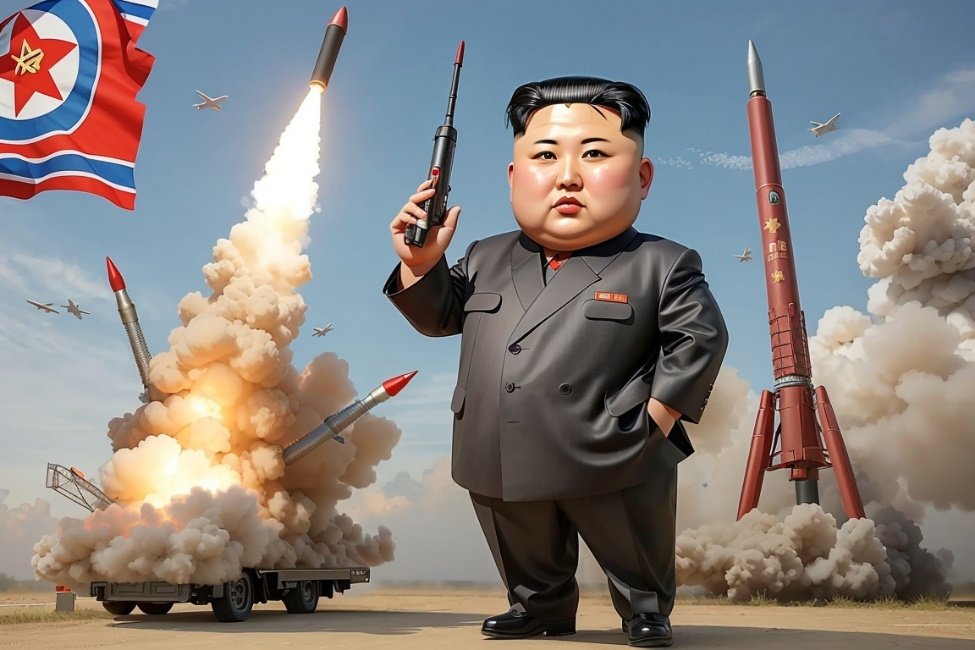
Historical Narratives
North Korea’s nuclear tests, ballistic missile escapades, and purported cyber-attacks have elicited a litany of international responses. Foremost among these are the sanctions, ranging from unilateral measures by individual nations to multilateral edicts under the aegis of the United Nations.
Elements of the Sanctions Regime
The sanctions landscape unfurls a medley of trade constraints, homing in on North Korea’s chief exports – coal, minerals, and seafood. Simultaneously, imports, especially luxury items and goods with potential military applications, confront stifling restrictions.
Financial Pincer
Financial sanctions have their crosshairs fixed on North Korean banks and their overseas tentacles, entrapping the regime in a labyrinth where access to the global financial architecture remains elusive.
Diplomatic Expulsions and Asset Freezes
Key North Korean figures and entities find themselves ensnared in a quagmire of diplomatic expulsions and asset freezes, augmenting the sanctions’ clout.
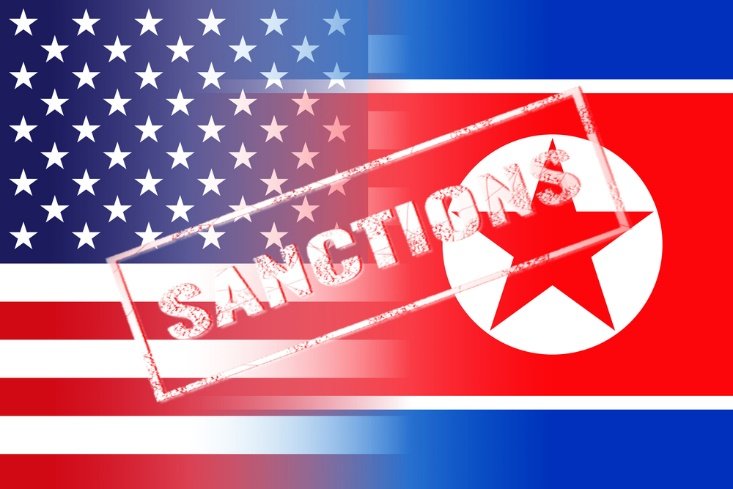
Implications Unveiled
The sanctions have constricted North Korea’s economic ascendancy, exacting a toll on foreign currency earnings, technological transfers, and the overarching business climate. Yet, they have inadvertently exacerbated the tribulations of ordinary North Koreans. Despite explicit exemptions for humanitarian aid, the intricate interplay of trade limitations and apprehensions about sanctions violations has constricted the flow of essential goods, resulting in shortages of vital medical supplies and sustenance.
Resilience of the Regime
While the sanctions have strained the regime’s resources, North Korea has exhibited remarkable resilience. It has pivoted towards alternative trade partners, engaged in illicit trade, and fostered domestic production capacities to mitigate the sanctions’ jolt.
Diplomatic Stalemate
Paradoxically, while the sanctions aspire to lure North Korea to the negotiation table, they often serve as a centrifuge of diplomatic inertia. The regime perceives them as acts of aggression, casting long shadows over diplomatic overtures.
Unraveling the Paradox
The North Korean sanctions lay bare the complexities intrinsic to the utilization of economic measures as implements of geopolitical strategy. Though they undeniably crimp North Korea’s policy options and economic trajectory, the overarching objective of eliciting enduring policy shifts remains elusive. Moreover, the humanitarian collateral damage, a recurring facet of such broad economic measures, raises ethical quandaries regarding their sustained application.
Balancing the Dual-Edged Sword
As international stakeholders deliberate upon the enigma of North Korea, a nuanced comprehension of the dual-edged nature of sanctions emerges – their capability to coerce and inadvertently afflict. The conundrum lies in calibrating these instruments to further strategic ambitions while mitigating collateral harm to innocent civilians.
5. Iran Sanctions: A Complicated Labyrinth
The Islamic Republic of Iran has perennially occupied a pivotal juncture in the intersection of geopolitics and international diplomacy. Central to the discourse surrounding Iran is the intricate web of sanctions imposed by a plethora of international actors, with the United States wielding a prominent cudgel. These sanctions, designed to achieve multifarious political and security objectives, unfurl consequences that reverberate far beyond the corridors of power in Tehran.
Historical Backdrop
The trajectory of U.S.-Iran relations underwent a tumultuous shift following the Iranian Revolution of 1979. Since then, Iran’s nuclear program, regional endeavors, and alleged support for designated terrorist entities have birthed a labyrinthine framework of sanctions.
Sanction Signposts
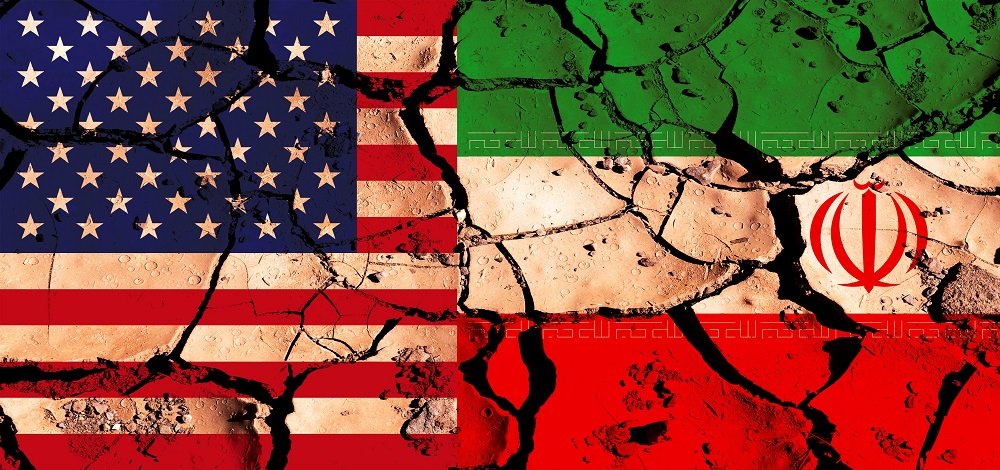
Sanctions against Iran are manifested in multifarious forms, but perhaps none more pronounced than those targeting Iran’s nuclear ambitions. Uranium enrichment activities have emerged as a focal point, with the Joint Comprehensive Plan of Action (JCPOA) of 2015 momentarily thawing tensions through the suspension of many sanctions. However, the U.S.’s 2018 withdrawal from JCPOA resurrected and amplified these sanctions.
Financial Fortress Breached
Iran’s central bank and other financial conduits have found themselves besieged by financial and banking sanctions, restricting access to the global financial tapestry and foreign reserves.
Oil and Gas Chokehold
Iran, as a vanguard in global oil production, confronts restrictions on its oil exports, severely throttling its primary revenue conduit.
Individuals and Entities in the Crosshairs
Specific Iranian officials, sectors, and entities confront travel bans, asset freezes, and assorted restrictions.
Implications Across Dimensions
The ramifications of these sanctions cascade across a spectrum. Iran’s economic potential has been dramatically curtailed, with the oil sector, foreign trade, and currency valuation taking severe hits, fomenting inflationary pressures and depleting public coffers. Moreover, despite explicit exemptions for humanitarian goods such as food and medicine, banking impediments have often rendered transactions for these necessities arduous, precipitating shortages of essential medical supplies and sustenance.
Trade Pivot
The sanctions have catalyzed a pivot towards alternative trade partners for Iran, fostering burgeoning relationships with nations like China, Russia, and immediate neighbors.
Domestic Dynamics
While sanctions have fortified hardliners within Iran who perceive them as evidence of Western hostility, they have concurrently stirred public discontent, especially when economic hardships deepen.
Diplomatic Jousting
The sanctions landscape exerts an influential pull on diplomatic endeavors, from the negotiations of the JCPOA to contemporary dialogues. They remain a bargaining chip but also a hurdle in U.S.-Iran relations.
Navigating the Labyrinthine Sanctions Maze for Essential Goods
Within the labyrinthine world of international sanctions, a poignant concern looms large – the inadvertent obstruction of the flow of humanitarian goods. While sanctions explicitly exempt essentials such as food and medicine, their practical implementation, particularly in the context of banking restrictions, has often disrupted the supply of these life-sustaining items. Yet, with meticulous diligence, transparent procedures, and unwavering fidelity to international norms, ethical trade of essential goods can be facilitated without transgressing the boundaries of sanctions.
Comprehending the Sanctions Matrix
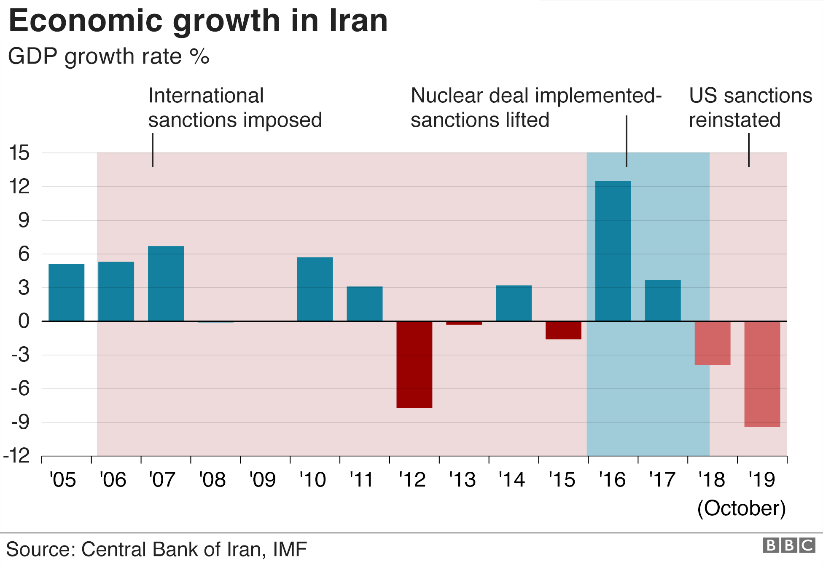
Before embarking on any trade, a comprehensive grasp of the specific sanctions targeting a country is imperative. This entails an awareness of the entities and sectors under scrutiny, as well as any special provisions or licenses for humanitarian goods.
The OFAC Oracle
The Office of Foreign Assets Control (OFAC) of the U.S. Department of the Treasury offers licenses and guidance for transactions involving sanctioned nations but serving humanitarian ends. Regular consultations with OFAC updates and the pursuit of requisite permissions are paramount to ensure adherence.
Banking Beacons
Collaborating with banks well-versed in the nuances of sanctions and committed to facilitating humanitarian trade is essential. These institutions should possess robust compliance mechanisms and be inclined to process transactions after due diligence.
Documentary Prudence
Comprehensive documentation is the linchpin of a seamless transaction. This encompasses explicit details about the goods, their provenance, intended utility, and verification of their humanitarian purpose.
Global Collaborations
Engaging with international organizations, such as the United Nations or the Red Cross, lends credence to the humanitarian nature of the trade. These entities often wield mechanisms to guarantee that aid reaches its intended recipients.
Oversight and Audits
To sustain trust and ensure ongoing compliance, routine audits of trade procedures prove advantageous. They identify potential issues for rectification promptly.
Open Channels of Communication
Maintaining transparent communication with all stakeholders, including the entities imposing sanctions, serves to address concerns proactively. This ensures that the humanitarian objectives remain transparent and comprehensible to all involved parties.
6. In Closing
Trading essential goods with sanctioned countries presents a formidable challenge. The labyrinth of regulations and potential pitfalls is undeniable. Yet, with meticulous diligence, unwavering commitment to transparency, and a resolute dedication to humanitarian principles, navigating this intricate terrain is not only feasible but also a testament to the harmonious coexistence of ethics and compliance in the intricate world of international trade.

